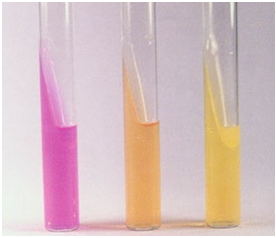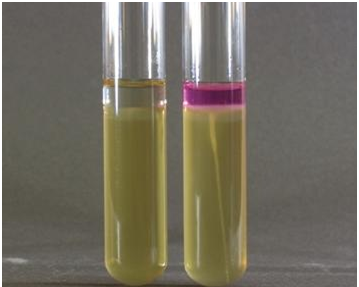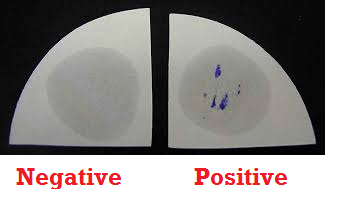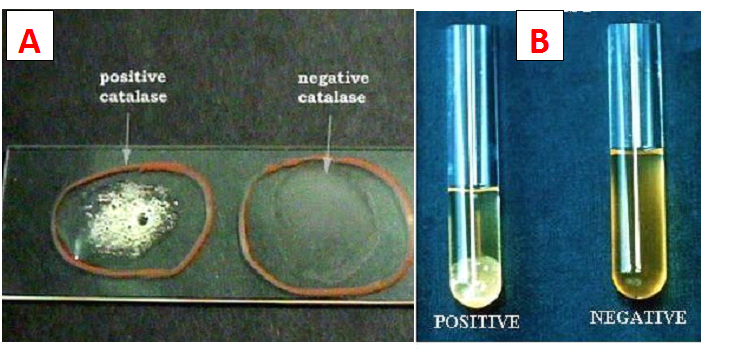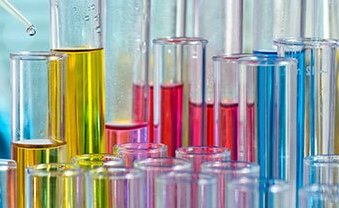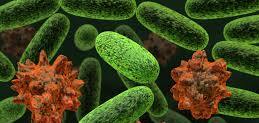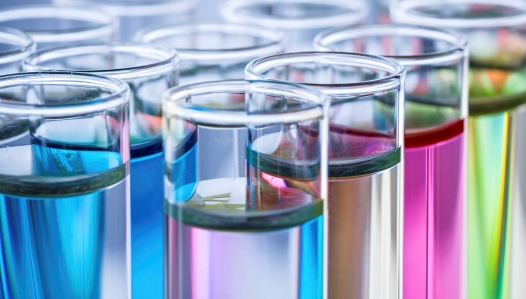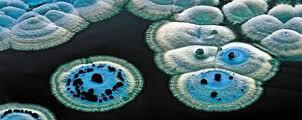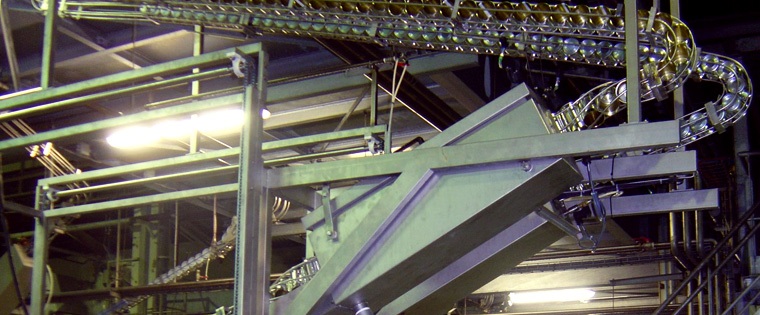UREASE TEST
Urease test is used to detect and differentiate Enterobacteriaceae that produce urease enzymes from those that do not. The urease test is used to determine the ability of an organism to split urea, through the production of the enzyme urease. Urease is an exoenzyme that hydrolyzes urea to produce ammonia and carbondioxide. Urease positive enterobacteria […]

